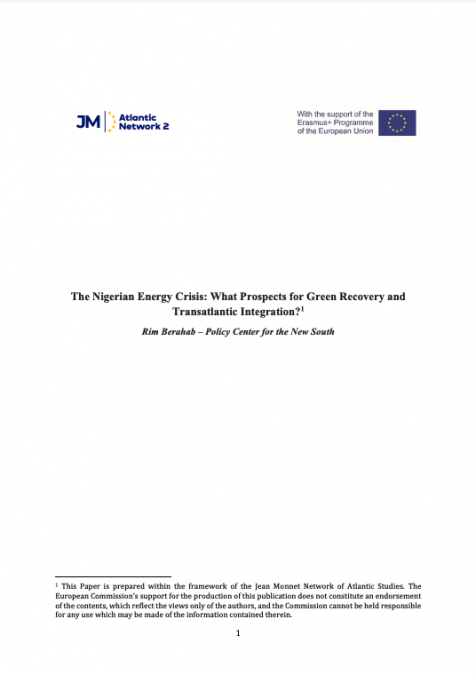Les ressources énergétiques et les enjeux de la gestion de leurs revenus Roundtable website: http://bit.ly/Energy_13jan2015
Speakers

Marie-Claire Aoun
Director of the Energy Center at IFRI
Marie-Claire Aoun est directrice du centre Energie de l’Ifri et enseignante à l’Université Paris Dauphine. Elle débute sa carrière en 2004 au Centre de Géopolitique de l’Énergie et des Matières premières (CGEMP). Marie-Claire Aoun est titulaire d’un Doctorat en Sciences économiques de l’Université Paris Dauphine (2008), auteure d’une thèse portant sur la rente pétrolière et le développement économique des pays exportateurs de pétrole.
Entre 2008 et début 2014, elle est Economiste à la Commission de Régulation de l’Énergie (CRE), où elle contribue aux travaux sur la mise en œuvre du troisième paquet législatif de l’énergie et sur l’intégration des marchés du gaz en Europe. Elle a notamment été impliquée dans les travaux sur les mécanismes d’allocation des capacités de transpor ...









